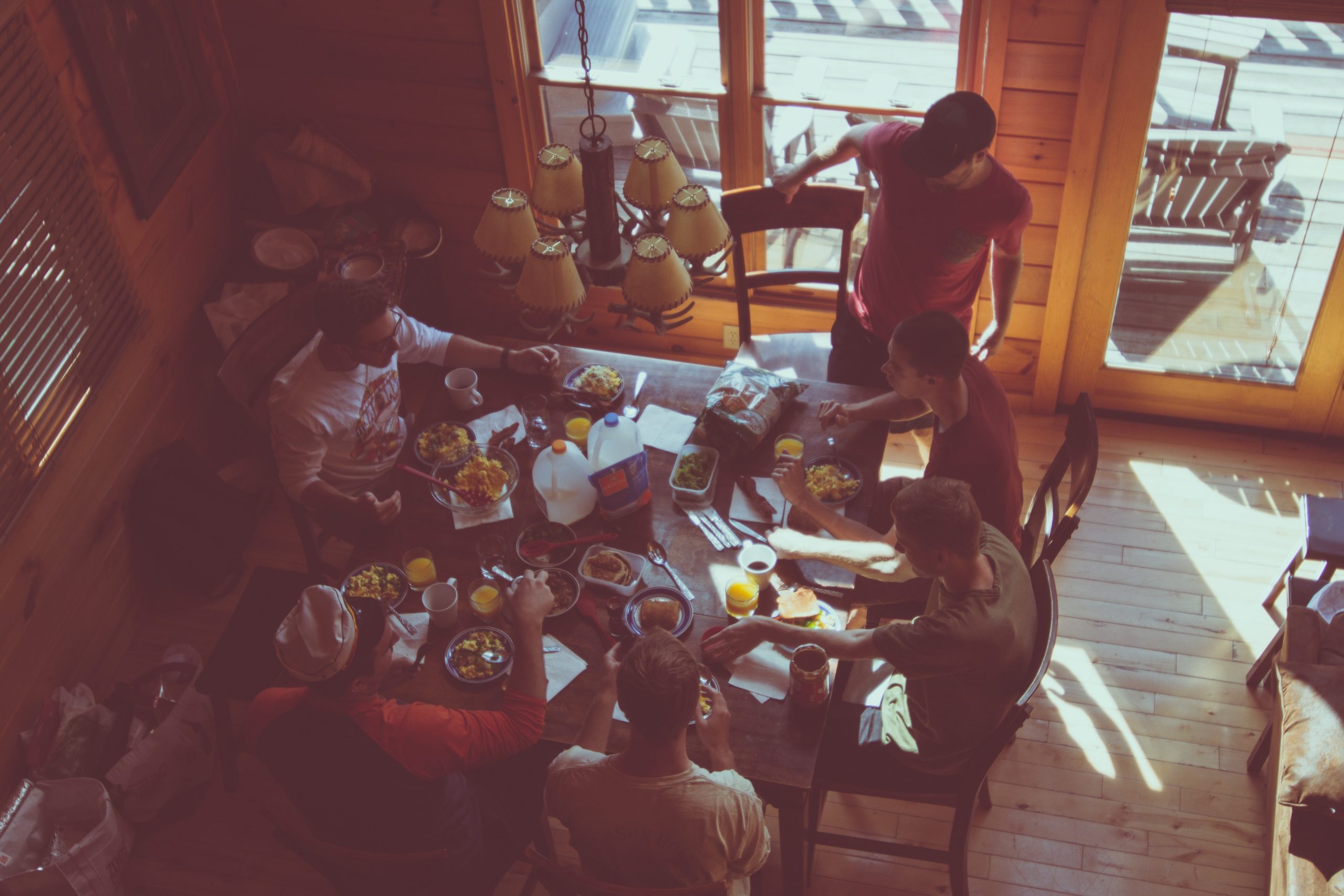So guessing you’ve finally saved up enough money to move out of the Oliver Twist style 5 bedroom house that you share with 6 friends, one girl that you kind of hate, two rats and a family of mice.
There are a few different ways & Government schemes that you can use to make buying your new house or flat that little bit easier.
Just like swiping on Tinder, you’ve got options.
Quick Links to Useful Sections
Ready to Move Out? Different Ways of Buying Your First House Table of Contents
Buying a House Using Traditional Mortgages
Buying a House Using Right to Buy
Buying a House Using Traditional Mortgages
It makes sense to start off with something pretty old school that both your grandparents & parents understand, traditional mortgages.
With a traditional mortgage you just have to put down a deposit (fat lump sum) for the property you want to buy.
This is usually between 20% to 45% of the total house price.
A lender then gives you a loan for the rest of property price, this is called a mortgage.
Traditional mortgages usually have you paying the money back over 20 to 30 years, when you start looking for a mortgage you will notice the time to pay back the mortgage is called the “term”.
If you’ve got a lot of savings or a filthy rich family, traditional mortgages are usually the way to go.
Imagine trying to buy a £450,000 house and having to have £90,000 to £202,500 in cash as a deposit…that’s mad!
Buying a House Using Right to Buy
If you’re a council flat baby & live in one at the moment, the Right to Buy Scheme could be perfect for you.
Pretty much what is says on the tin, Right to Buy gives people who live in council houses, the chance to buy their homes at a big discount from the true value of the property.
It’s like buying your house during a Black Friday Sale, you can sometimes get up to 70% discount from the true value of the property.
You can apply to buy your council house if:
- It’s your only, or your main home.
- It’s self-contained, which means you don’t share any rooms (including kitchen, bathroom and toilet) with people outside your household.
- You’re a secure tenant, so there is a legal contract between you and the landlord.
- You’ve had a public sector landlord (eg, a council, housing association or NHS trust) for three years (it doesn’t have to be three years in a row).
- You have good credit
Buying a House Using Help to Buy
If you don’t have filthy rich parents or a huge mortgage deposit, the Government’s Help to Buy Scheme could be perfect for helping you buy your first house.
Help to Buy is a Government scheme that helps you buy your first house with just a 5% deposit, yeah I said it…only 5%.
The Government then gives you a loan for another 20% (40% in London) of the house price that you want to buy.
Now you have your 5% deposit & 20% or 40% Government loan, you just need a mortgage to cover the rest of the money you need to buy your dream house.
That’s it, the Government literally helps you to buy your first house!
Buying a House Using Shared Ownership
Shared ownership is this semi-weird blend of renting & buying your new home. It essentially gives your part ownership of the flat or house that you are renting.
The way it works is really simple, you buy a share of a house & then pay rent on the part of the house that you don’t own.
Your rent is then cheaper as you already own part of the house.
If you don’t have enough money to buy your own home, but want to get a foot on the property ladder, Shared Ownership is something that might be worth having a little thing about.













